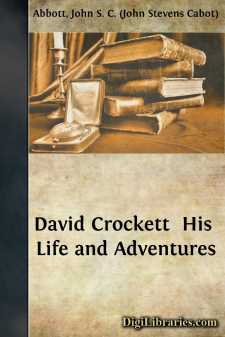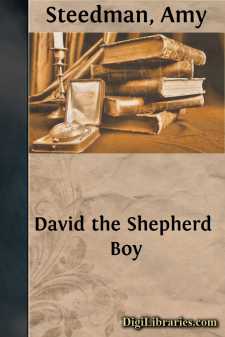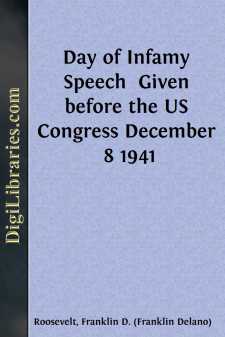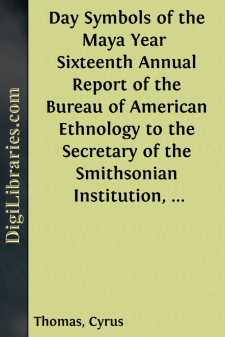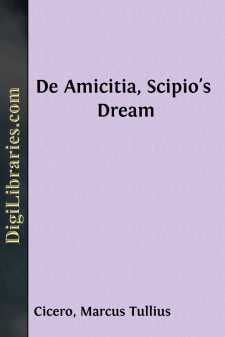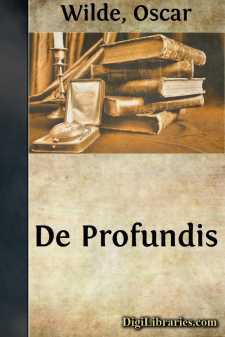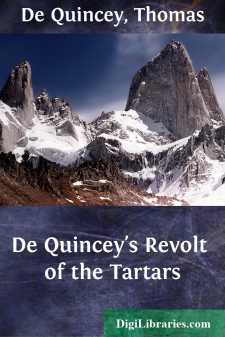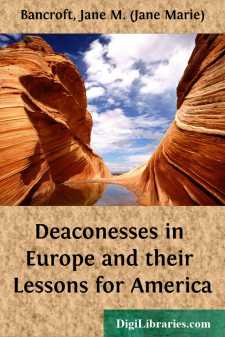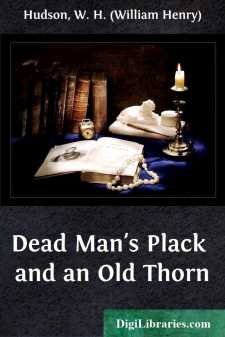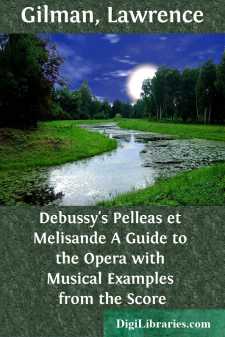Non-Classifiable
- Non-Classifiable 1768
Non-Classifiable Books
Sort by:
A little more than a hundred years ago, a poor man, by the name of Crockett, embarked on board an emigrant-ship, in Ireland, for the New World. He was in the humblest station in life. But very little is known respecting his uneventful career excepting its tragical close. His family consisted of a wife and three or four children. Just before he sailed, or on the Atlantic passage, a son was born, to whom...
more...
by:
Amy Steedman
Up amongst the hills, perched like the nest of a bird on one of the long low ridges, lies the little town of Bethlehem. It was but a small town at the time this story begins, and there was nothing about it to make it at all famous. It lay out of the beaten track, and any one wanting to visit it must needs climb the long winding road that led from the plain beneath, through olive groves and sheepfields,...
more...
Mr. Vice President, Mr. Speaker, Members of the Senate, and of the House of Representatives: Yesterday, December 7th, 1941 — a date which will live in infamy — the United States of America was suddenly and deliberately attacked by naval and air forces of the Empire of Japan. The United States was at peace with that nation and, at the solicitation of Japan, was still in conversation with its...
more...
by:
Cyrus Thomas
INTRODUCTORY As the origin and signification of the day and month, names of the Maya calendar, and of the symbols used to represent these time periods, are now being discussed by students of Mexican and Central American paleography, I deem it advisable to present the result of my investigations in this line. The present paper, however, will be limited to the days only, as I have but little to add in...
more...
DE AMICITIA. The De Amicitia, inscribed, like the De Senectute, to Atticus, was probably written early in the year 44 B.C., during Cicero's retirement, after the death of Julius Caesar and before the conflict with Antony. The subject had been a favorite one with Greek philosophers, from whom Cicero always borrowed largely, or rather, whose materials he made fairly his own by the skill, richness,...
more...
by:
Oscar Wilde
DE PROFUNDIS . . . Suffering is one very long moment. We cannot divide it by seasons. We can only record its moods, and chronicle their return. With us time itself does not progress. It revolves. It seems to circle round one centre of pain. The paralysing immobility of a life every circumstance of which is regulated after an unchangeable pattern, so that we eat and drink and lie down and...
more...
INTRODUCTION. Thomas De Quincey is one of the eccentric figures in English literature. Popularly he is known as the English Opium-Eater and as the subject of numerous anecdotes which emphasize the oddities of his temperament and the unconventionality of his habits. That this man of distinguished genius was the victim—pitifully the victim—of opium is the lamentable fact; that he was morbidly shy and...
more...
INTRODUCTION. How far, and in what form, ought woman’s work in the Church to be organized? What was the deaconess of St. Paul’s epistles? What light on this subject do the primitive and the mediæval Churches yield us? Can “sisterhoods” be established without weakening the sense of personal responsibility in those Christian women who are not thus wholly set apart to charitable and spiritual...
more...
"The insect tribes of human kind" is a mode of expression we are familiar with in the poets, moralists and other superior persons, or beings, who viewing mankind from their own vast elevation see us all more or less of one size and very, very small. No doubt the comparison dates back to early, probably Pliocene, times, when some one climbed to the summit of a very tall cliff, and looking down...
more...
by:
Lawrence Gilman
I With the production at Paris in the spring of 1902 of Claude Debussy's Pelléas et Mélisande, based on the play of Maeterlinck, the history of music turned a new and surprising page. "It is necessary," declared an acute French critic, M. Jean Marnold, writing shortly after the event, "to go back perhaps to Tristan to find in the opera house an event so important in certain respects...
more...


